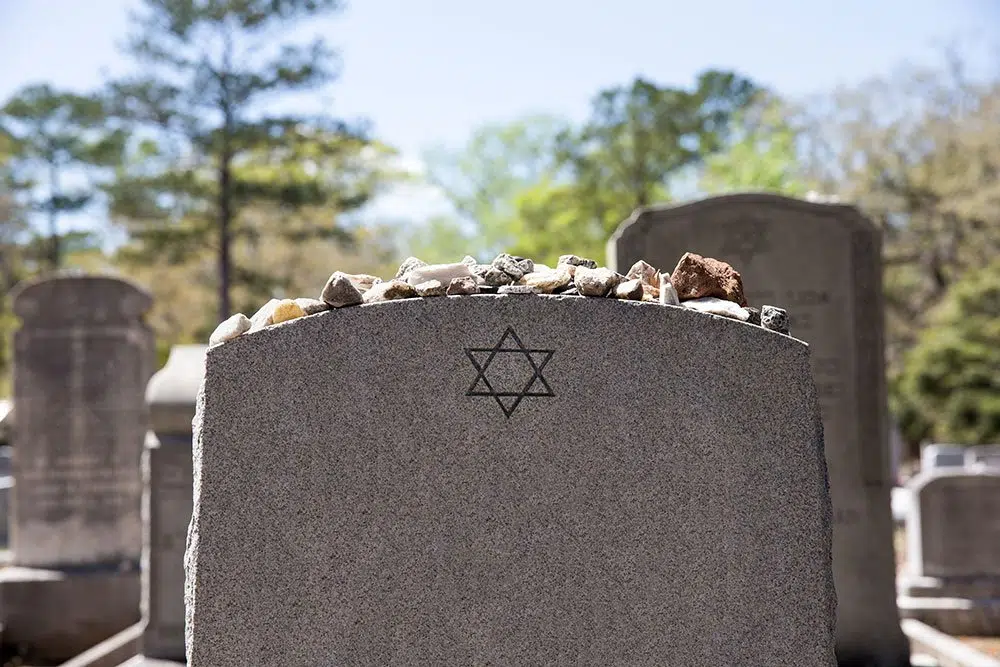The death of a loved one is always a difficult time. But when someone from the Jewish faith passes away, it can be incredibly confusing for those unfamiliar with the customs and traditions associated with Jewish funerals and memorial services.
In this blog post, we’ll look at some of the most critical aspects of Jewish funeral traditions, so you can be prepared for what to expect if you ever find yourself attending one.
Traditions for a Jewish Funeral
A Jewish funeral is typically held within 24 hours of death because it is believed that the body should be buried as soon as possible after death.
The funeral service is usually conducted by a rabbi and often occurs at a synagogue or Jewish cemetery. It is common for family and friends to participate in the service by reading prayers or eulogies.
After the service, the body is typically buried in a Jewish cemetery. The grave will be marked with a simple headstone that bears the person’s name, dates of birth and death, and sometimes a short Hebrew phrase such as “may his soul rest in peace.”
Jewish Funeral Customs
A few essential customs are often followed during Jewish funerals and memorial services. For example, it is common for mourners to wear a black ribbon or armband on their clothing. This is known as an “avel,” and it is worn as a symbol of mourning.
Another custom is the recitation of the “kaddish,” a prayer in memory of the deceased. Close relatives of the deceased typically recite the kaddish, but anyone can participate if they wish.
Finally, it is common for mourners to sit on low benches or stools during the funeral service. This tradition, known as “sitting shivah,” originated in ancient times when people would sit on the ground near the grave of the departed to show their grief.
No matter how your family or faith celebrate the life of loved one, our Funeral Directors are here to guide you through the process. Let us know how we can help.

